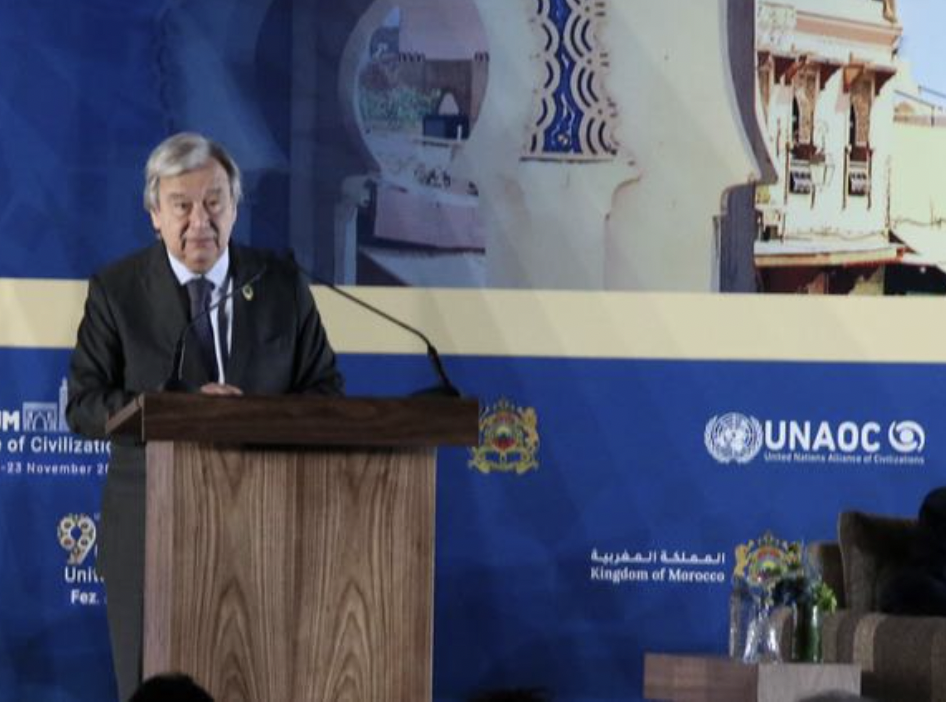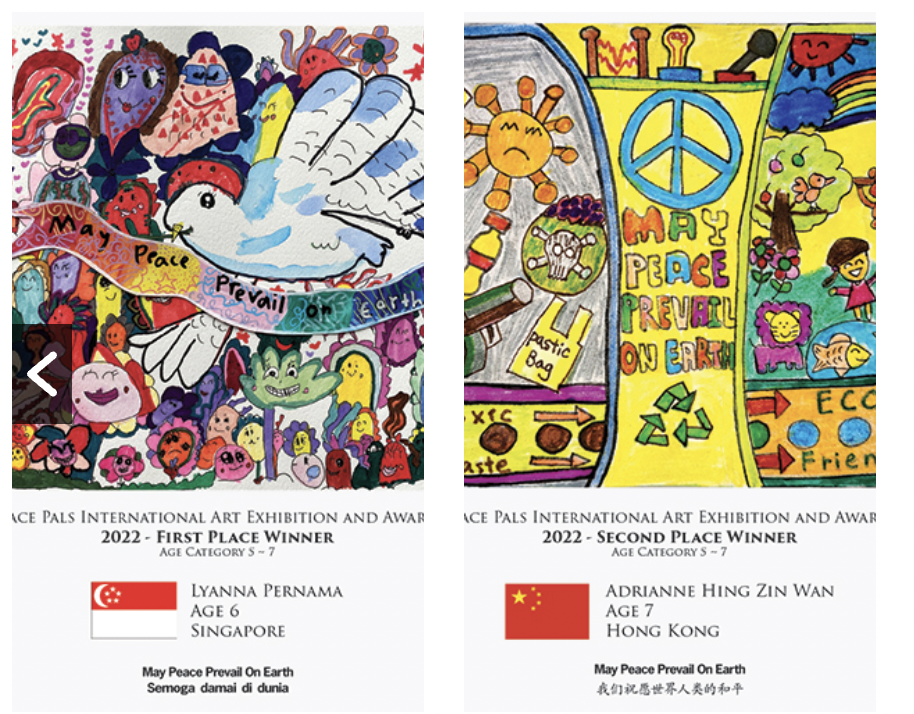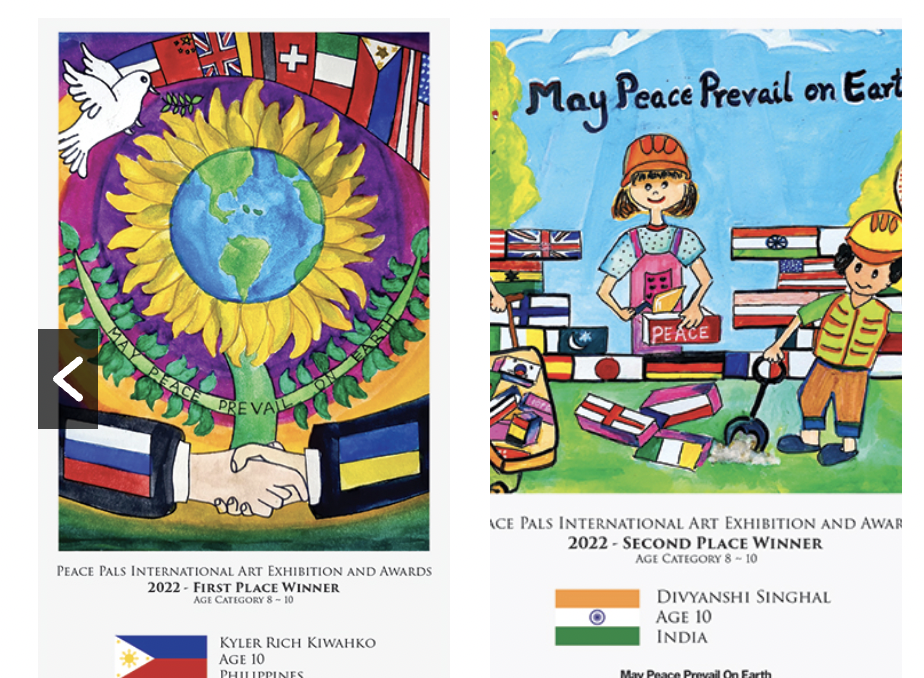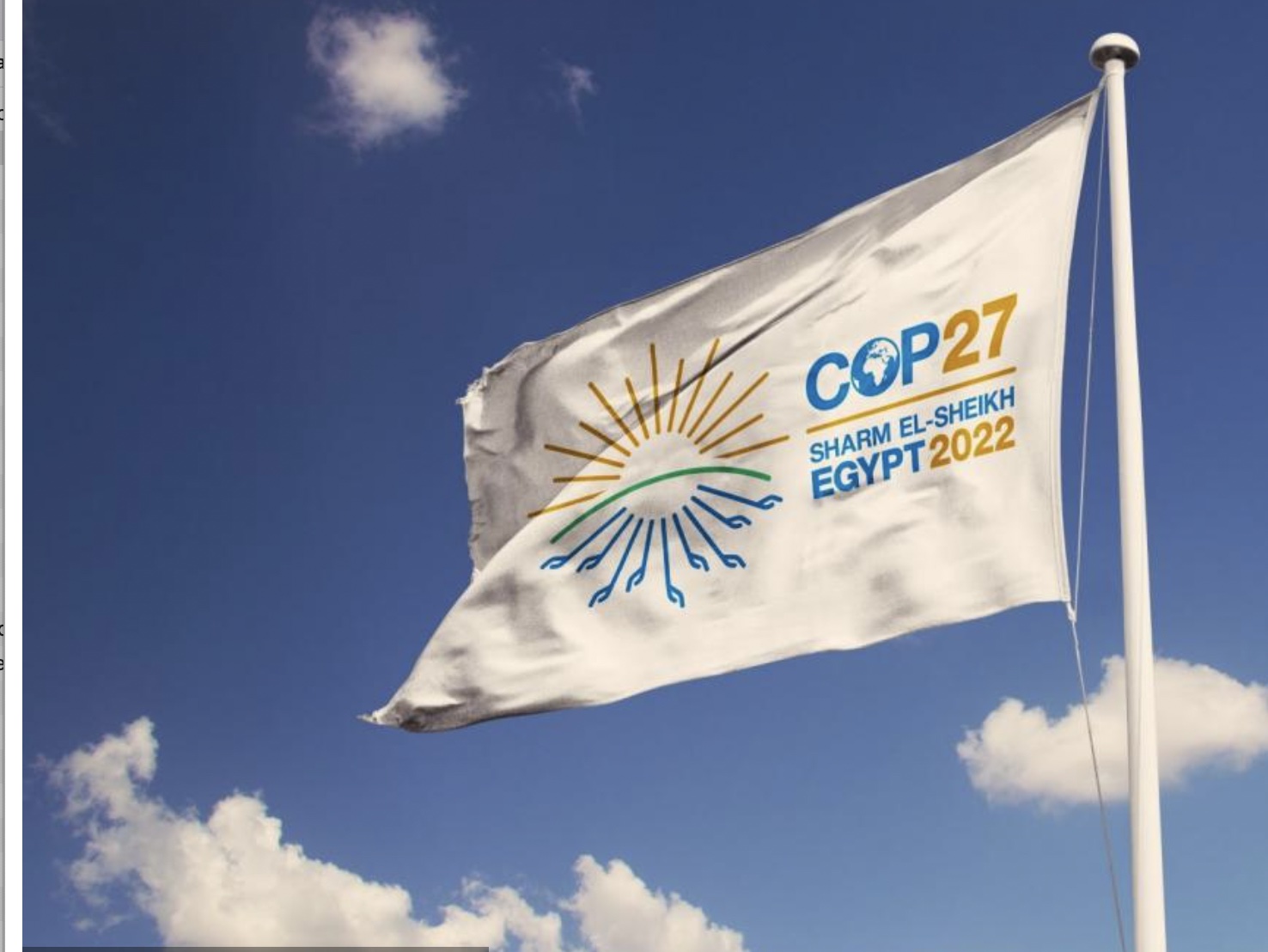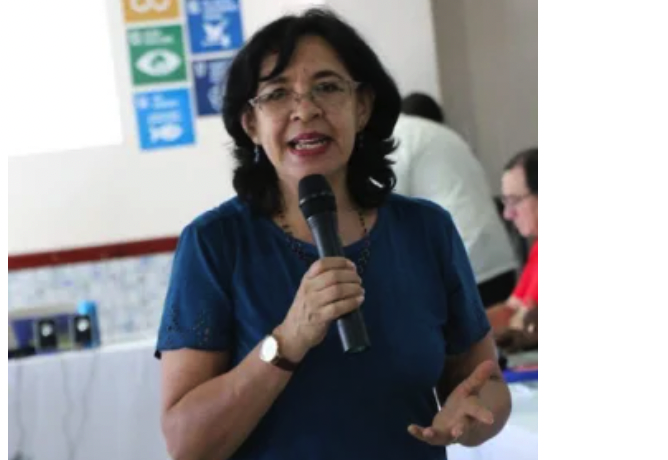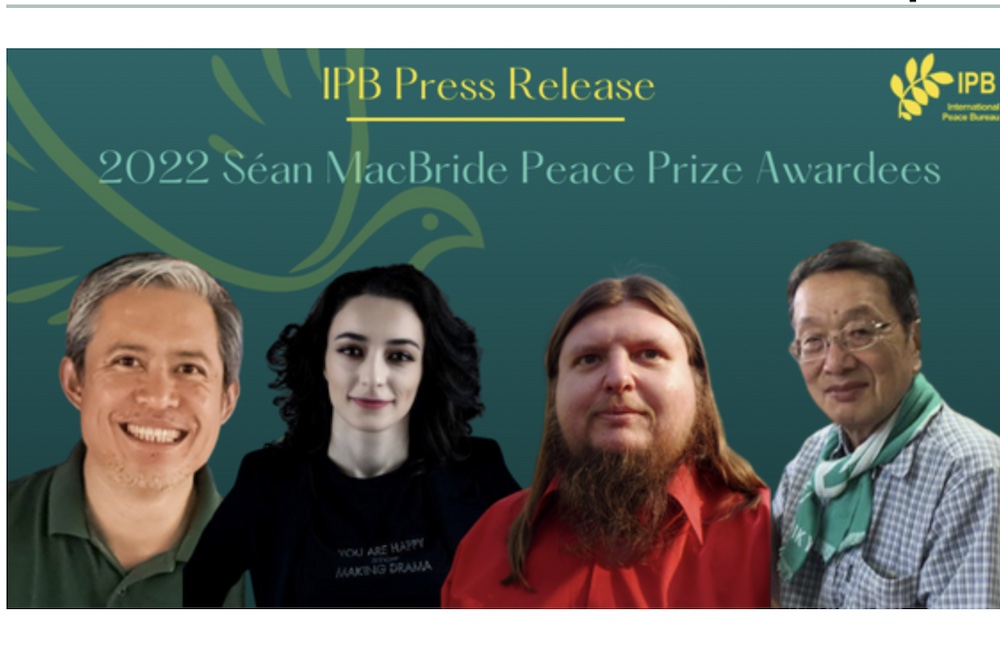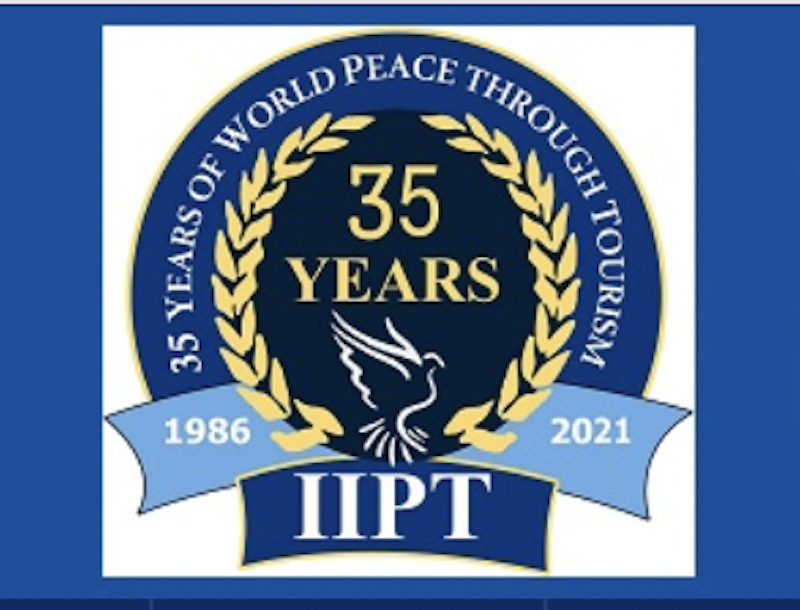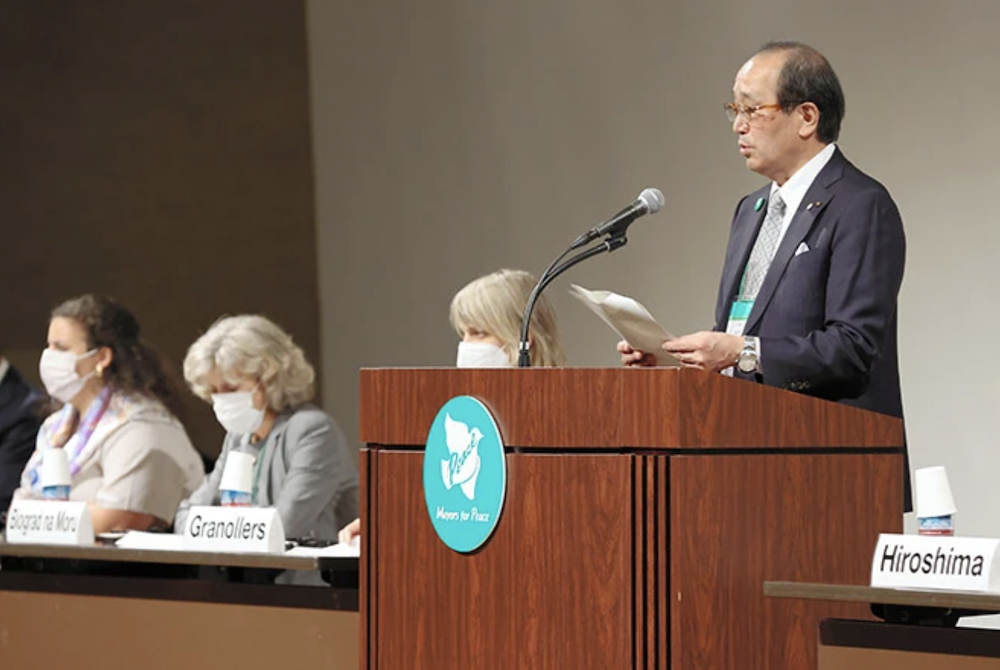. . SUSTAINABLE DEVELOPMENT . .
An article by Jessica Corbett from Common Dreams
Tax justice advocates around the world on Wednesday celebrated the unanimous adoption of a resolution to “begin intergovernmental discussions in New York at United Nations Headquarters on ways to strengthen the inclusiveness and effectiveness of international tax cooperation.”

The U.N. General Assembly (UNGA) resolution on the “promotion of inclusive and effective international tax cooperation at the United Nations” was spearheaded by the African Group —which is composed of the continent’s 54 member states—and comes after about a decade of delays on the topic at the Organization for Economic Cooperation and Development (OECD).
“We note that the OECD has played a role in these areas,” a representative of the Nigerian delegation to the U.N. reportedly said Wednesday. “It is clear after 10 years of attempting to reform international tax rules that there is no substitute for the global, inclusive, transparent forum provided by the United Nations.”
“The African Group urges countries to remain committed to the development of inclusive tax instruments at the United Nations and encourage the OECD to play a supporting role in this regard,” the Nigerian representative continued.
After the resolution was adopted, Global Alliance for Tax Justice executive coordinator Dereje Alemayehu declared that “this is a historic win for the tax justice and the broader economic justice movement and a big step forward to combat illicit financial flows and tax abuse.”
“African countries stood together and made historic strides, breaking through the long-standing blockade by the OECD countries,” Alemayehu added. “Shifting power from the OECD is paramount to end the exploitation and plunder of developing countries.”
Tax Justice Network chief executive Alex Cobham similarly commended member nations “on their bold action today to move rule-making on global tax into the daylight of democracy at the U.N.,” highlighting that “the adopted resolution will now open the way for intergovernmental discussions on the negotiation of a U.N. tax convention and a global tax body.”
A proposed amendment to the resolution from the United States that would have cut the mention of “the possibility of developing an international tax cooperation framework or instrument that is developed and agreed upon through a United Nations intergovernmental process” was defeated.
Cobham emphasized that the resolution moved forward despite the fact that “the OECD has been unprecedentedly aggressive in its lobbying.”
“Some OECD countries spoke in favor of the organization’s role after the resolution’s adoption, but… the OECD’s two-pillar tax proposal is on life support, with even the organization’s own members… struggling to defend its work,” he said. “Work which has failed to deliver after nearly a decade of promises and work which has left countries losing $483 billion in tax to tax havens a year; and work which has been widely identified as exclusionary by countries outside the core membership of rich countries. Ultimately, this only confirms the importance of moving tax rule-making to a globally inclusive and transparent forum at the United Nations.”
(Article continued on the right column)
Opposing tax havens and corruption: part of the culture of peace?
(Article continued from the left column)
Though it was backed by more than 100 countries and jurisdictions last year, the OECD’s international tax reform framework has been called “skewed-to-the-rich and completely unfair,” with critics warning that its 15% global minimum tax for multinational corporations is “way too low.”
“Fears that the OECD process had stalled grew over the summer after the nation of Hungary blocked a 15% minimum corporate tax from being adopted in the European Union,” The Hill reported Wednesday. Experts said the timing of the UNGA resolution was tied to “the delay on the OECD provision that stipulates where a corporation can be taxed for the use of its products as well as frustration from lower-income countries about the amount of that tax.”
According to news outlet:
“There’s a document that’s supposed to be coming out in December outlining which unilateral measures will need to be abandoned, including digital services taxes,” Daniel Bunn, president of the Tax Foundation, a Washington think tank, said in an interview. “The goal is to have a multilateral treaty ready for signature middle of next year.”
On the amount that corporations can be taxed—which is known as Pillar Two within the agreement—E.U. finance ministers are set to meet again in December.
“The language of their announcement is that they’re going to be ‘aiming for agreement’ on Pillar Two, but it’s not clear that that’s certain. Hungary has been holding things up,” Bunn added.
Other analysts in Washington say that the interests of developing countries are not given proper consideration in the OECD’s framework, an oversight that could further delay a final deal.
Tove Maria Ryding, tax coordinator at the European Network on Debt and Development (Eurodad), said Wednesday that “some rich countries are still holding on to the archaic idea that they can keep global rule-making on tax under the control of the OECD—also known as the rich countries’ club.”
“But today’s vote shows that at the end of the day, they know they cannot stop the development towards inclusive, transparent, and U.N.-led tax governance, which is already highly overdue,” Ryding argued. “The OECD-led governance is coming to an end—both because it was deeply unjust and biased in favor of a few rich countries. But also because the OECD has so blatantly failed to stop international tax abuse.”
While welcoming the success of the resolution on Wednesday, Pooja Rangaprasad at the Society for International Development warned that “the post-adoption statements by some developed countries have made it clear that the road ahead will be challenging.”
“However, it is in the interest of all countries to fix an outdated international tax system that is bleeding hundreds of billions of dollars in much-needed resources and public revenue,” Rangaprasad said. “The fight continues in holding all our governments accountable to agree to an effective U.N. tax convention that will ensure wealthy corporations and elites pay their fair share in taxes.”
Cobham of Tax Justice Network stressed that “the intergovernmental discussions next year will be crucial in setting the path for this new era of international tax. It is vital that countries in each region of the world follow the African leadership that underpinned this success, and engage together to generate common positions on an ambitious agenda.”
